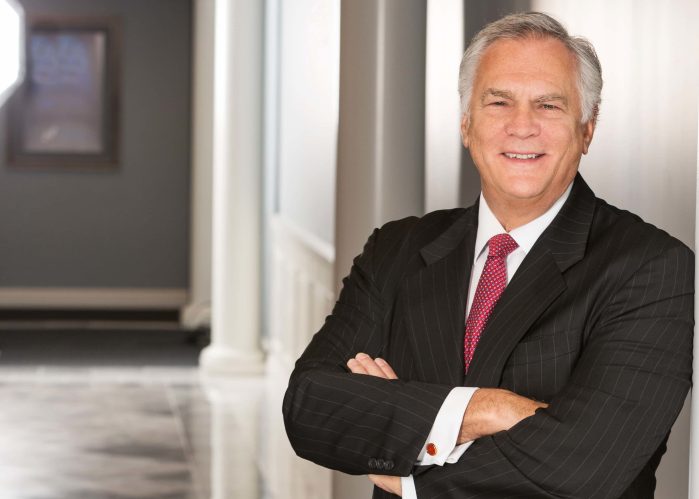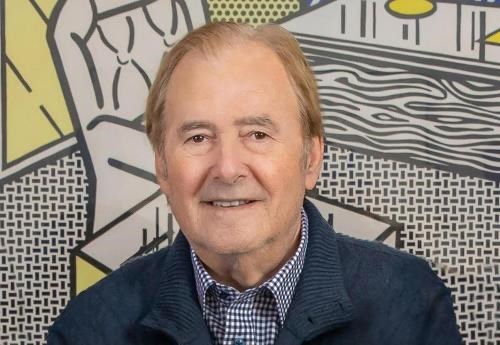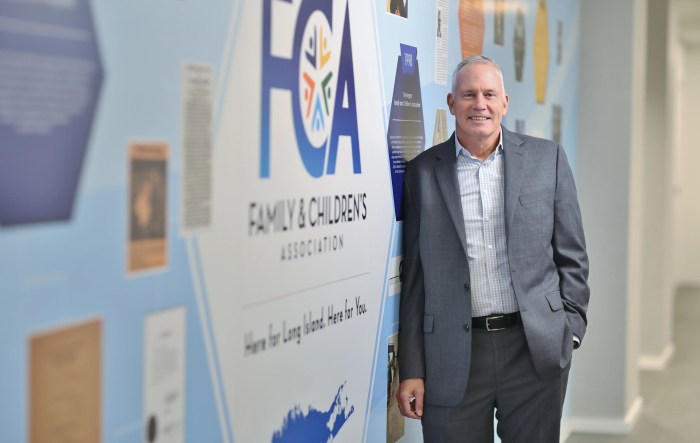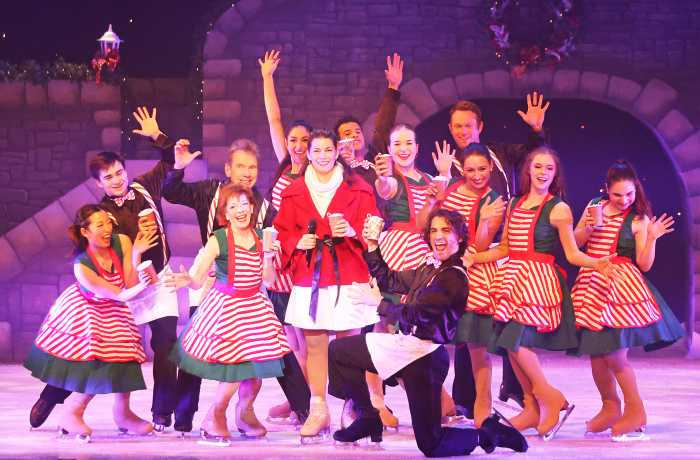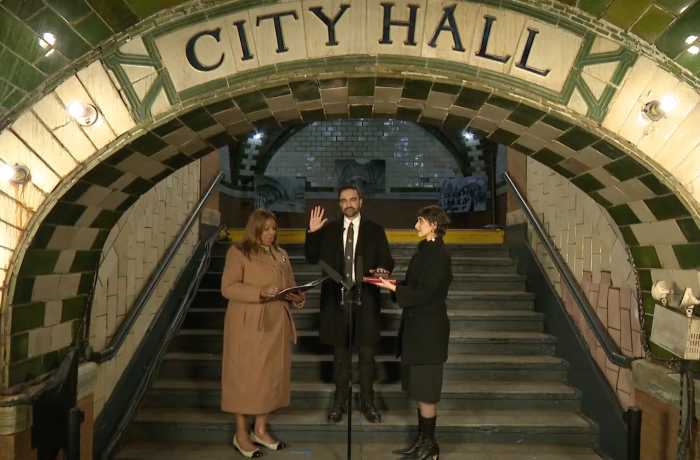When the recent Metropolitan Opera’s production of Turandot began, a figure looking like a street rat scurried out from stage right dressed in rags. Soon the expansive stage filled with street rat-like or actors who, without singing a note, played an important role in setting the scene.
“I’m creating the ambiance of what it was like when the opera took place,” says Christian Rozakis, 37, a longtime Port Washington resident who starts the show by stepping on stage.
Many Long Islanders are huge opera fans and patrons or donors of the Met. Opera. And the opera program itself is packed with acknowledgements, including names of board members, singers, musicians, directors, conductors, assistant conductors, prompters, coaches, chorus, and administrators from marketing to HR and information systems as well as donors. What you won’t find, though, is the list of actors with the most overlooked job in opera and possibly in entertainment.
They have a job that few think about that is essential to the space: actors who cross the opera stage typically without speaking or singing a word – or dancing a step. These performers have a job that is as crucial to the performance as the music, the scenery and the singing. They are impossible to miss.
While it takes immense training to become an opera singer, actors with differing degrees of training provide spectacle. Some operas involve hundreds of performers, once called supernumeraries and now called “actors,” a change that followed years of struggle for that recognition.
“Now the Supernumerary Dept. is officially the Actors Dept.,” Met Opera Actors proclaimed on their Facebook page on August 31. 2021.
Hundreds of performers take the stage at the Met, including Long Islanders, providing an essential element and an opportunity to be part of the biggest shows on Earth. They have been elevated from extras typically paid minimum wage to higher salaries and the term “actors.”
“…Sometimes we have 200,” says Anne Dyas, one of nine staff performers who typically have larger roles. “I think ‘War and Peace’ had the most ever, but our Sonja Frisell ‘Aida’ had the most in recent times.”
Rozakis has been on the Met’s stage since appearing as a soldier in Aida at age 19. He says his parents, musicians, introduced him to various types of music.
“I found that I loved opera,” Rozakis says. “I figured instead of just listening to opera on a CD player, I could listen to it live and on stage.”
Actor Darnell Wickham has appeared in productions, such as a soldier in Les Troyens and an Egyptian soldier/enslaved person in Aida. And it’s not unusual for performers to do numerous shows running in repertory.
Josh Schubart, for instance, has appeared in operas ranging from Roberto Devereux with only a dozen actors to bigger productions.
“We create the world for the opera singers to live in,” Schubart says.
The scale, spectacle and sheer number of languages performers speak all were something new for him. “It was an explosiveness and art that I had never seen and immediately began to appreciate,” Schubart continues.
In Tosca, Schubart played a torturer complete with torture implements. “I bring the tenor to the back and torture the hell out of him,” Schubart adds. “It’s all done through music and description.”
Some work regular jobs, such as lawyers, and others, like Rozakis, a member of SAG-AFTRA, appear on TV and film.
He was cast as an actor with a larger role in the Met’s Hamlet as one of three characters in the play within a play. And he let out a blood-curdling scream in Tosca. Rozakis also appeared in operas ranging from a soldier in La Boheme to an anvil player in Il Travatore, handing off props to dancers as well as carrying a lantern in different productions.
“I played one of the clowns in Pagliacci,” Rozakis adds. “That was phenomenal. We worked with such amazing people.”
These actors, while they may not get the recognition of named stars, often enjoy wearing elaborate costumes, making them larger than life. “Oh, my God, the costumes are the greatest,” Rozakis continues. “They’re off the wall.”
Schubart says that for smaller productions, they often want specialized skills and polished actors. For productions with bigger casts, such as La Bohème and Aida, skill level varies. “Plenty of people with regular jobs stand on stage a little bit,” Rozakis says.” It fills them with a lot of joy.”
While the word “supernumerary” may sound sophisticated, says Rozakis, actors typically prefer the newer designation. “I think everyone really appreciates being called actors,” he continues. “Everybody felt being called a super was a little old school. It made you feel not taken as seriously.”
Rozakis likes appearing in huge productions where each brushstroke is part of the bigger picture. “I think it’s a dream for anybody. It’s such a beautiful theater,” he says. “I was able to do this instead of a bartending job.”





